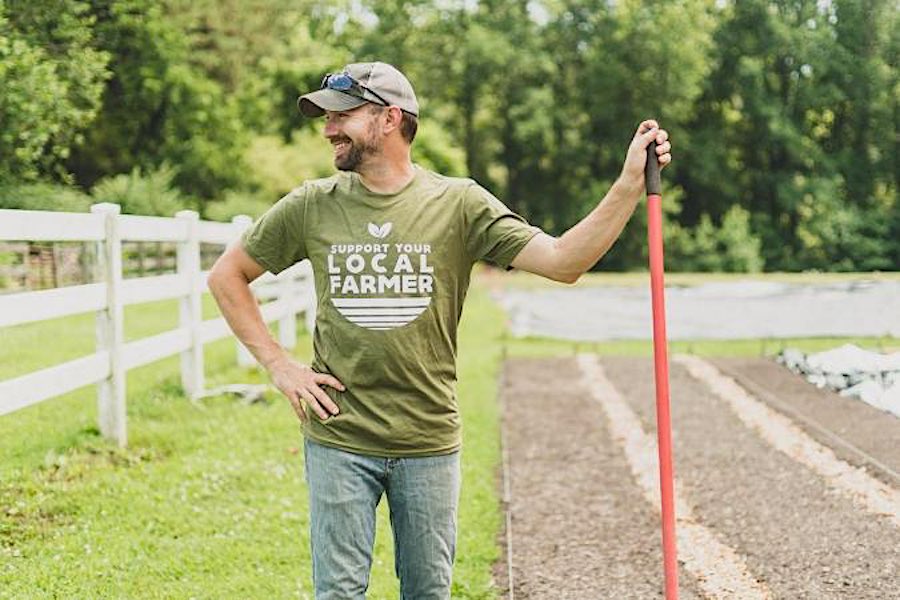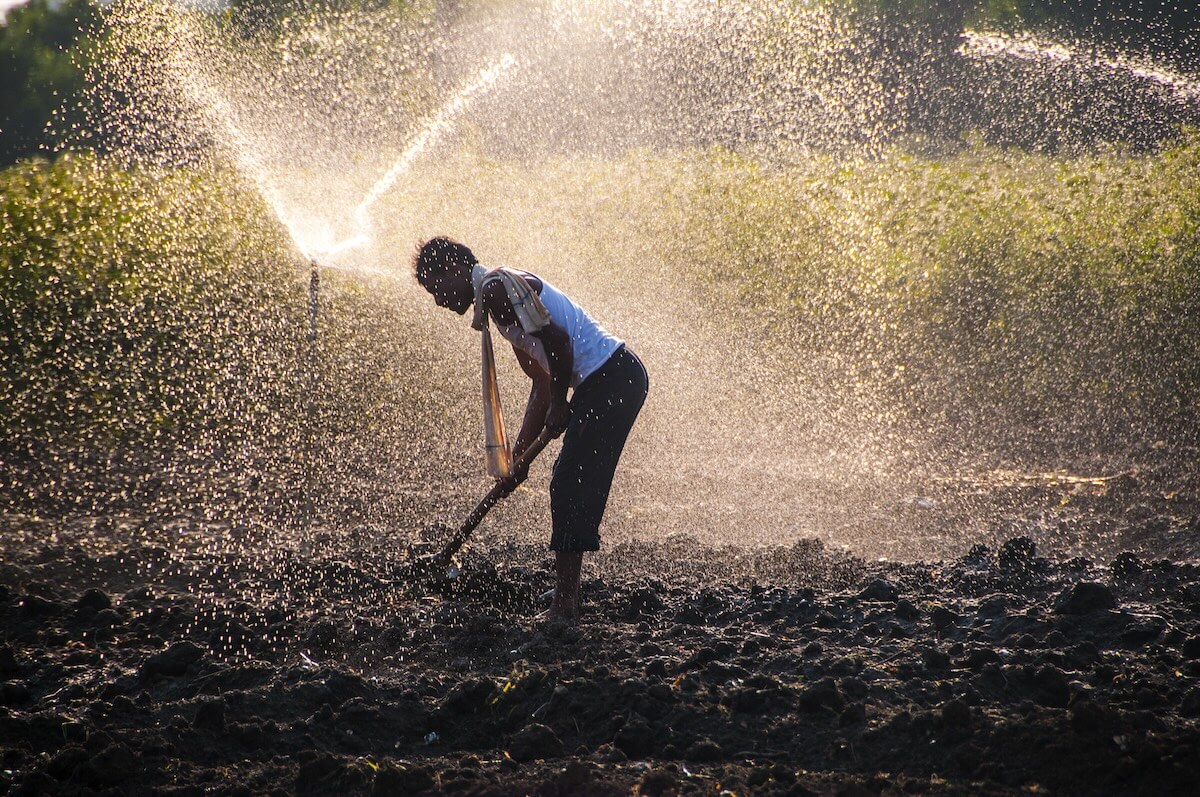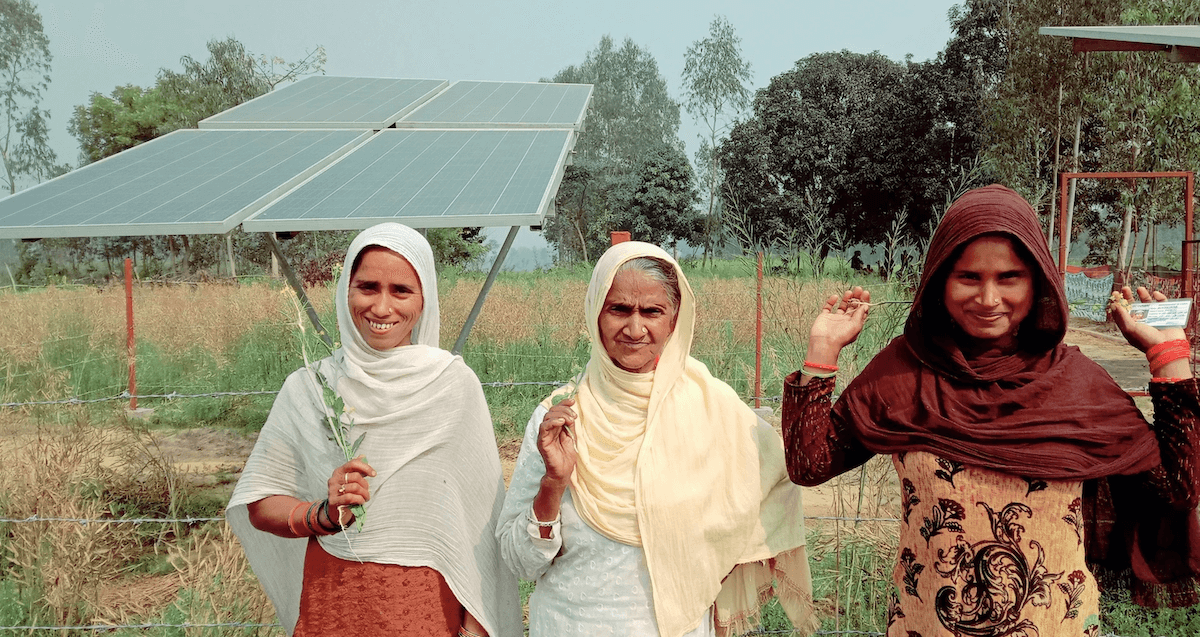ImpactAlpha, Aug. 25 – Sustainable farmers are on the front lines of the fight to mitigate climate change. Yet agriculture funding is geared towards large farms, leaving small farmers who are often the first to adopt regenerative farming practices with few financing options.
Filling that capital gap for sustainably-run farms, ranches, fisheries, and producers was the idea behind Steward, a farm-funding platform launched by Dan Miller, one of the brothers behind the successful real estate crowdfunding platform Fundrise.
When Miller founded Steward in 2017, he knew he wanted to include small investors to tap into ‘locavore’ demand. The best way to do that at the time was to pool funds via Regulation A, the “mini IPO” provision of the 2012 JOBS Act that allows for investments to be sold to non-accredited investors. Steward absorbed the regulatory costs of setting up the fund, the Steward Farm Trust. The purpose, as Miller explained to investors in a recent update, “was to bring in a new type of capital, aligned on values and impact but not limited to those with high net worth.”
Since then, the trust, akin to a REIT, has lent close to $3 million to 34 individual farms to purchase land, buy equipment, install fencing or other needs. Individual investments have ranged from $100 to tens of thousands of dollars.
Now Miller is rolling out the next iteration of Steward. Last spring, the company began offering investors the ability to directly fund individual farmers, who set up ‘crowdfarming’ campaigns on Steward for multi-year loans. Next up: the company is phasing out the trust in favor of Steward Regenerative Capital, a new pooled vehicle that makes short-term bridge loans to farmers. (The farmers may then pursue a crowdfarming campaign to secure longer-term capital).
All the loans made by the trust have been repaid or are expected to be repaid shortly, and investors in the trust are able to cash out at a 10% premium to their original investment, noted Miller in a recent investor update.
Steward Regenerative Capital addresses investors’ desire for more liquidity and a fixed return and farmers’ needs for short-term capital, said Miller. Steward holds the master loan agreement with the farms, while individual lenders sign loan agreements with Steward. The regenerative capital vehicle makes nine-month loans to farmers and will pay participating lenders an initial 5% annual return.
Since publicly launching the new offering a week ago, Steward has raised $1.3 million from more than 200 lenders. It’s made four bridge loans ranging from $120,000 to East Fork Cultivars, a sun-grown CBD provider in Takilma, Oreg., to carry it over to its Series A fundraise, and $970,000 to Studio Hill in Shaftsbury, Vt. to expand its grazing and ecotourism capacity.
As Miller told us back when he launched Steward: “The grand vision is actually many small visions. It’s millions and millions of individuals making change in their own backyards.”











